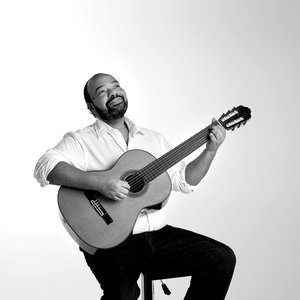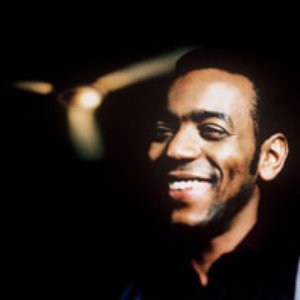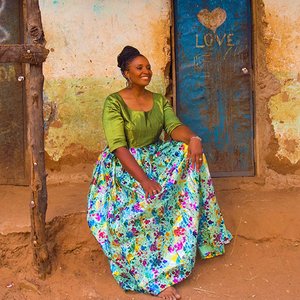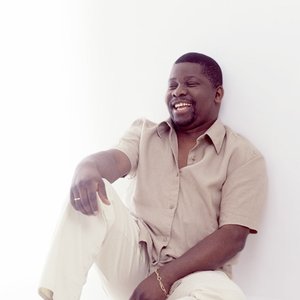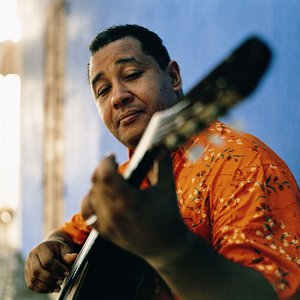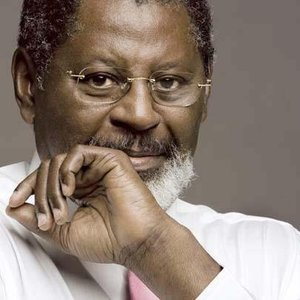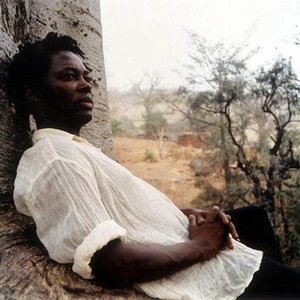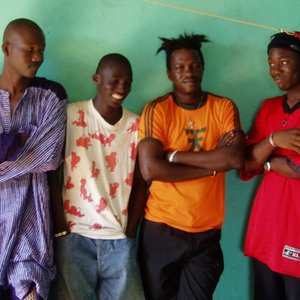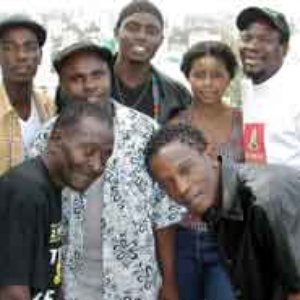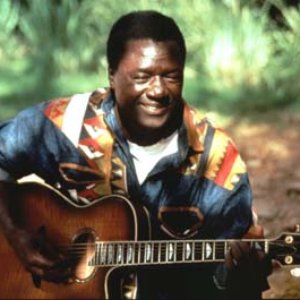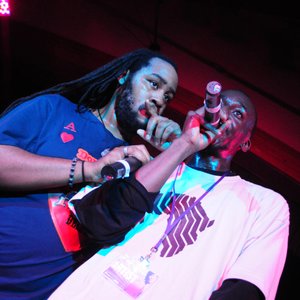Biografia
-
Data de nascimento
4 Janeiro 1954
-
Local de nascimento
M'banza-Kongo, Zaire, Angola
-
Data de falecimento
9 Agosto 2020 (idade 66)
1954/1982 – Childhood – Angola
Waldemar Bastos was born near the border with Zaire in N’Banza Congo, a little town which was the first capital city of the ancient kingdom of Angola.
Both his parents were nurses. He started singing at a very early age.
“When I was a child, my mother, who is still alive fortunately, soon realized I had a very special musical gift. I used to spend my days singing and whistling, and my mother noticed that as something out of the ordinary… and she gave me all her support”.
“One day, my father arrived home and found me playing his concertina. I felt bad for having been caught touching, without permission, an instrument which was almost sacred for him. But he was pleasantly surprised; I think he was even satisfied to hear me playing popular radio songs. In the following Christmas he gave an accordion as a gift…”
The dice were rolling. From then on, a young Waldemar dedicated his heart and soul to music. When he was eight, he heard a radio announcement about a teacher who gave musical lessons. Waldemar spoke with his parents about the lessons and they accepted the idea. Since money was scarce, the little kid chose the lessons over the possibility of getting a bicycle.
With Mr. Gomes, Waldemar easily learned many things about music, but since he had a very fine ear he soon lost interest in the notes, and started his adventure in the world of sounds. At that point he developed an almost exclusive trust in his intuition and fabulous ear. According to the in-lay text for the “Pretaluz/Blacklight“ album, this is a determinant episode for an understanding of Waldemar Bastos’ talent.
It seemed as if it was written in the stars. With his brother Lúcio, Fernanda, the teacher’s daughter, and a few other friends, he formed the band “Jovial”. This musical group traveled throughout the country and played at high school proms, reveillons, birthday parties and all sorts of occasions.
“For many years, since I was a kid, I was in various bands, and traveled throughout Angola playing all kinds of music: pop, rock, blues, tangos, waltzes, among other styles, plus what I had learned from my father and my people in the places I traveled through.
My music is defined by own life experiences, praise for Angolan identity, and a call for universal brotherhood. I have matured. Everything I have absorbed from other cultures, and various musical styles, – I have traveled quite a bit -, which has inspired beauty in me, is a part of what I’m doing now. So, it is gratifying for me to hear or read critics say, as it recently happened in the USA, that my music is universal. That it is not a regional music, but instead for people everywhere. This is my main and most sincere goal, my contribution for harmony among people! For me such is the first and ultimate function of Art”.
Pressure and exile
During colonial times, Waldemar Bastos was once imprisoned by the Portuguese Secret Police, PIDE. Political activity? Not at all. He was in high school, where he was an excellent student, and one day he was put into prison because of some flyers that started circulating there. While the secret police knew he had nothing to do with it, they still arrested him.
“They couldn’t arrest everybody, and because they knew that, even though I was not politically involved, I didn’t agree with the established regime and the police behavior, they just grabbed me and jailed me. As simple as that! While in prison I wrote a few songs that would later become known…’Coisas da Vida, coisas da Terra, coisas do Homem’ ( ). ”
In the meantime, Angola won its independence and followed the long and tortuous socialist road. It was a very difficult delivery and birth. A fratricidal war for political power was already happening.
“The problem is that I spent several years under great pressure. As a singer I traveled often to the eastern Bloc where I realized what the musicians there went through. As it was the case in Angola, the artists and the singers had to support the regime, and that was choking for me in terms of how I felt art in my life. So I decided to escape. I defected in 1982 during a visit to Portugal to participate at FITEI integrated in an official Angolan delegation. I stayed in Portugal and didn’t return.”
He did not stay in Portugal for very long. Lisbon has always been to “close” to Luanda, and since Waldemar feared reprisals, he went to Berlin, West Germany, where he had some friends. Waldemar remained in Germany for a few months. Then he left to Brazil, where he became acquainted with some well known musicians, such as Chico Buarque, João do Vale, Elba Ramalho, Djavan and Clara Nunes, among many others who had been in Angola in the late seventies, integrated in the Kalunga Project. This Project was the largest Brazilian artistic delegation to ever visit another country.
As descrições de artistas na Last.fm podem ser editadas por todas as pessoas. Sinta-se à vontade para contribuir!
Todo o texto inserido pelo usuário nesta página está disponível sob a licença Creative Commons Attribution/ShareAlike; termos adicionais podem ser aplicados.
